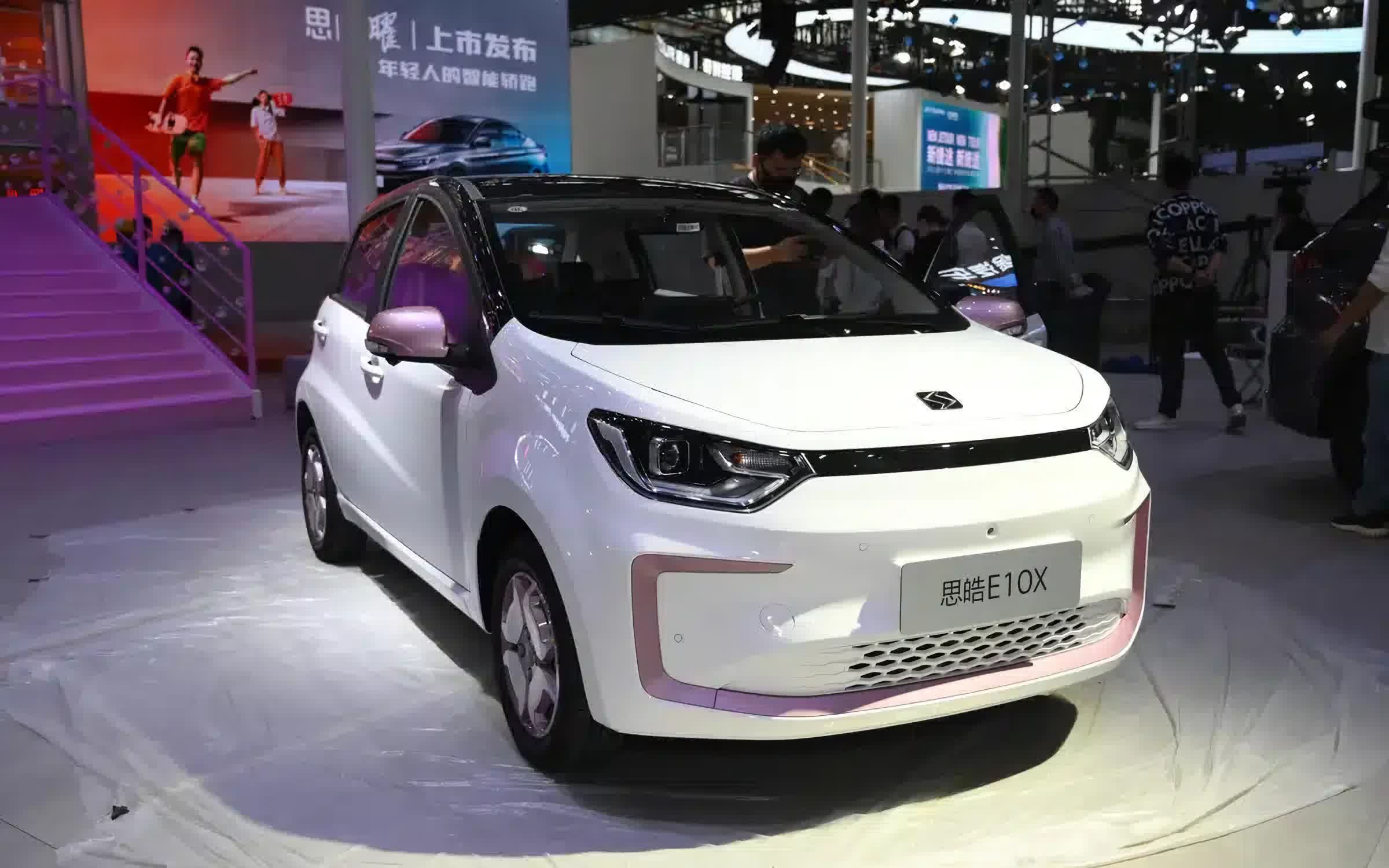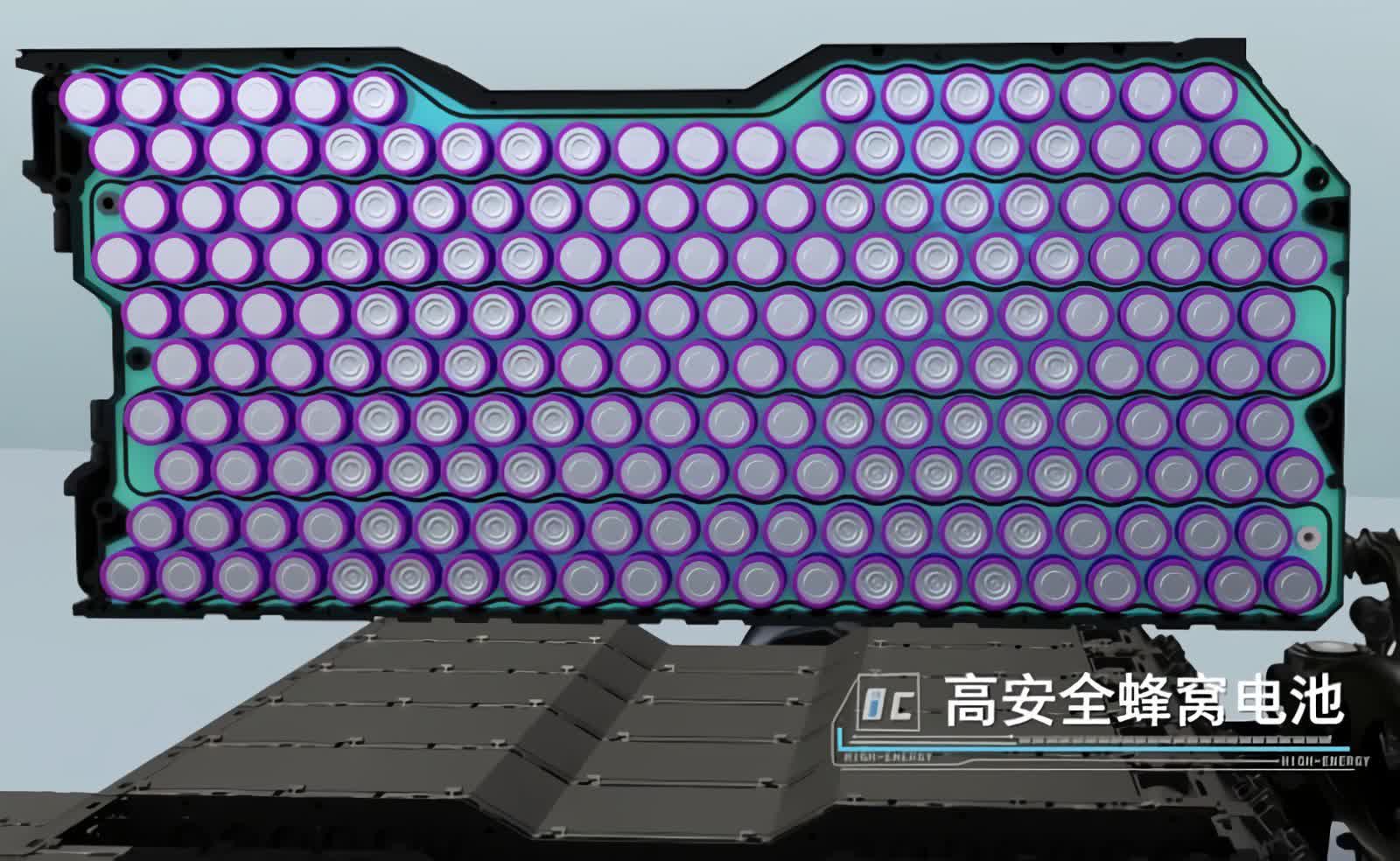In context: Industry analysts expect sodium-ion batteries to become crucial in future battery arrays. They are great for stationary energy storage or powering scooters and are a viable option for entry-level EVs. They are cheaper than LFP (lithium ferro-phosphate) batteries and exhibit superior performance in colder climes. Their one drawback is a lower energy density compared to other options.
Volkswagen-controlled JAC Motors out of China will launch the first electric vehicle powered by sodium-ion batteries starting in January under the brand Yiwei. Due to a lower energy density than lithium batteries, sodium-ion cells are not ideal for full-size cars. So the Yiwei is a squatty little four-door hatchback.
CarNewsChina notes that Volkswagen owns a 75-percent controlling stake in JAC Motors and 50 percent of its parent Anhui Jianghuai Automobile Group Holdings (JAG). However, the other 50 percent is state-owned, so don't expect to see any coming to the US anytime soon.
The Yiwei's styling is not new. The car is actually a rebranded Sehol E10X hatchback EV. Volkswagen transferred the Sehol brand to JAC in 2021, but JAC ditched the name earlier this year.
Initially, JAC introduced the new brand in May as the Yiwei 3, with a sodium-ion battery from Bejing manufacturer HiNa Battery. However, when the Yiwei 3 hit the market in June, JAC switched it back to a lithium cell solution.
On Thursday, the carmaker announced the Yiwei E10X and promised it would launch with the new HiNa sodium batteries by January 2024. The 25 kWh battery can charge from 10 to 80 percent in about 20 minutes and has a range of 252 km (157 miles). By comparison, that's about half the capacity and range of the Yiwei 3 (51.5 kWh and 505km, respectively).
Xia Shunli, chairman of the Yiwei brand believes that sodium batteries are the catalyst that will lead to the mainstream adoption of electric vehicles.
"Sodium-ion batteries will become an important battery type, complementary to LFP batteries, and a low-cost solution that promotes the popularization of mass electric vehicles to masses," Xia said in a recent interview.
It would certainly help if sodium-ion technology could significantly reduce the price of EVs. However, it will still take a massive effort to create the infrastructure needed to support EV travelers on the road before battery-powered cars become as desirable as ICE-driven vehicles – at least in the US.

